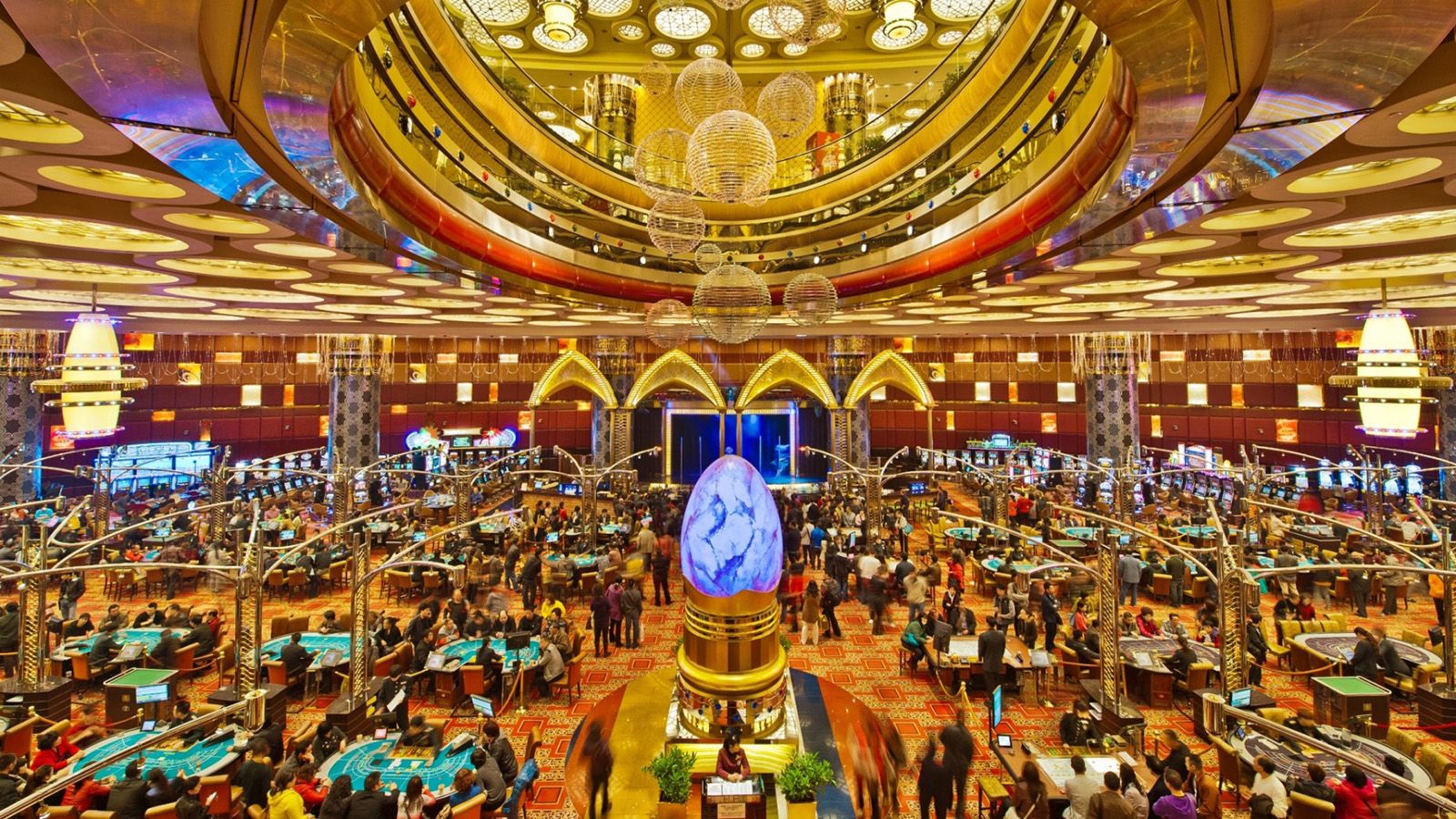Casino games have long been an integral part of human culture, delivering not just entertainment but a fascinating reflection of our hopes, wishes, and fears. From the spinning reels of a slot machine to the tactical play of poker, these games embody a spectrum of human sentiments and experiences. At their core, casino games are not just a chance to win money; they are a snapshot of life itself, where risk versus reward intertwine and luck can change in an moment.
As players convene around tables or sit in front of brightly lit machines, they engage in a tradition that transcends mere gambling. These games echo our instinctive desires for connection, thrill, and the search for fortune. They also reveal deeper truths about human nature, such as our relationship with luck and the thrill of the unknown. In exploring casino games, we reveal not only the mechanics of play but also the intricate pattern of the human experience, showcasing our interconnected narratives of hope and reality.
The Mind Behind Gambling
Wagering is deeply rooted in human psychology, tapping into various emotions and desires. The thrill of risk-taking is a fundamental aspect that attracts participants, whether the excitement of spinning a roulette or the excitement of drawing a winning card in a poker game. This adrenaline is frequently likened to other forms of excitement, as the uncertainty of outcomes triggers a unique psychological response. Gamblers often find themselves entranced by the chance of winning big, leading to an almost magnetic draw toward casino games.
Another, a crucial component of the psychology behind gambling is the concept of hope and ambition. Players often indulge in fantasies of financial freedom and the luxurious lifestyle that can follow winning. This hope fuels their continued participation in casino games, as it provides a sense of purpose and the belief that a transformative win could be just one wager away. The narrative of beating the odds and finding success resonates with many, reinforcing their commitment to play and engage with these games.
Lastly, social dynamics play a crucial role in gambling psychology. Trang chủ Vwin Casino environments are designed to foster social interaction, where gamblers gather to share the experience of wins and losses. This shared aspect not only amplifies enjoyment but also affects behavior, as individuals often mimic the actions of others in their vicinity. The social validation found in mutual thrill can enhance the emotional experience, making casino games a mirror of not just personal desires but also collective engagement within the gambling community.
### Risk and Reward: A Double-Edged Sword
Gambling games embody the subtle balance between danger and gain that resonates deeply with human nature. The rush of placing a bet is often accompanied by a surge of excitement, as gamblers are confronted with the possibility of winning big, yet fully aware of the potential to suffer losses. This twofold experience reflects a essential aspect of life: the paths we choose often come with intrinsic risks, and the chase for gain can drive us to take chances we might not normally consider. In this way, gambling activities echo real-world choices, enticing players to risk not just their money, but also their hopes.
The allure of jackpot prizes and winnings fuels a wave of hope, encouraging gamblers to envision a better future that could manifest from a fortunate turn of the roulette or dealing of a hand. This positive outlook can drive individuals to engage in more daring actions, pushing them to push their boundaries in search of monetary success. However, just as in life, the consequences of these risks can lead to both triumph and despair. The stories of both jackpot winners and those who have lost everything at the tables demonstrate the unpredictable nature of chance and its significant repercussions on our futures.
Ultimately, the interaction of engaging with gambling activities serves as a potent reminder of the nature of humanity. Every game played is loaded with the tension of ambiguity, as players weigh the rewards against the risks. This balance not only highlights the thrill that comes with gambling but also exposes the weaknesses that come with the desire for more. As we navigate the complexities of decision-making and results in both the gambling world and in life, we find that the pursuit of risk and reward shapes our identities and journeys in profound ways.
Culture and Isolation in Casino Culture
Gambling culture is a unique combination of social interaction and personal endeavor, reflecting the contrasts of human experience. Gamblers often gather around tables, experiencing in the thrill of the game, rejoicing in wins, and sympathizing over losses. This communal aspect is crucial, as it creates a sense of community and camaraderie among varied groups of individuals. Regular visitors to casinos may build friendships and develop routines, turning the casino into a alternative home where they experience linked to a greater community of gamblers.
However, the allure of gambling games can also lead to isolation. As individuals become immersed in the excitement of playing, they may isolate from personal relationships or neglect to engage with the world outside the casino. For some, the search of a jackpot can overshadow genuine connections, leading to loneliness. The situation of being among others yet experiencing solitary is not uncommon, as the attention shifts from collective fun to the private stakes of each individual’s journey.

This interaction of society and isolation creates a vivid tapestry that defines casino culture. It highlights the complexity of human interactions, where happiness and despair exist together. Casinos serve as both a refuge for social engagement and a platform for individual challenges, demonstrating how intimately entwined our desire for companionship and the personal quest for wealth can be. In navigating this landscape, gamblers confront their own narratives—seeking both the thrill of the wager and the fellowship of fellow players, eventually mirroring the wider spectrum of human experience.